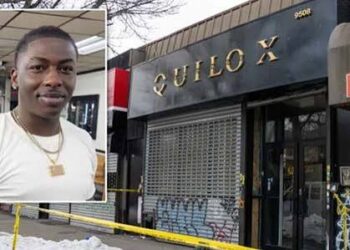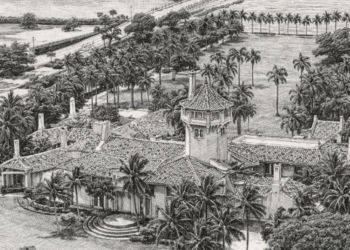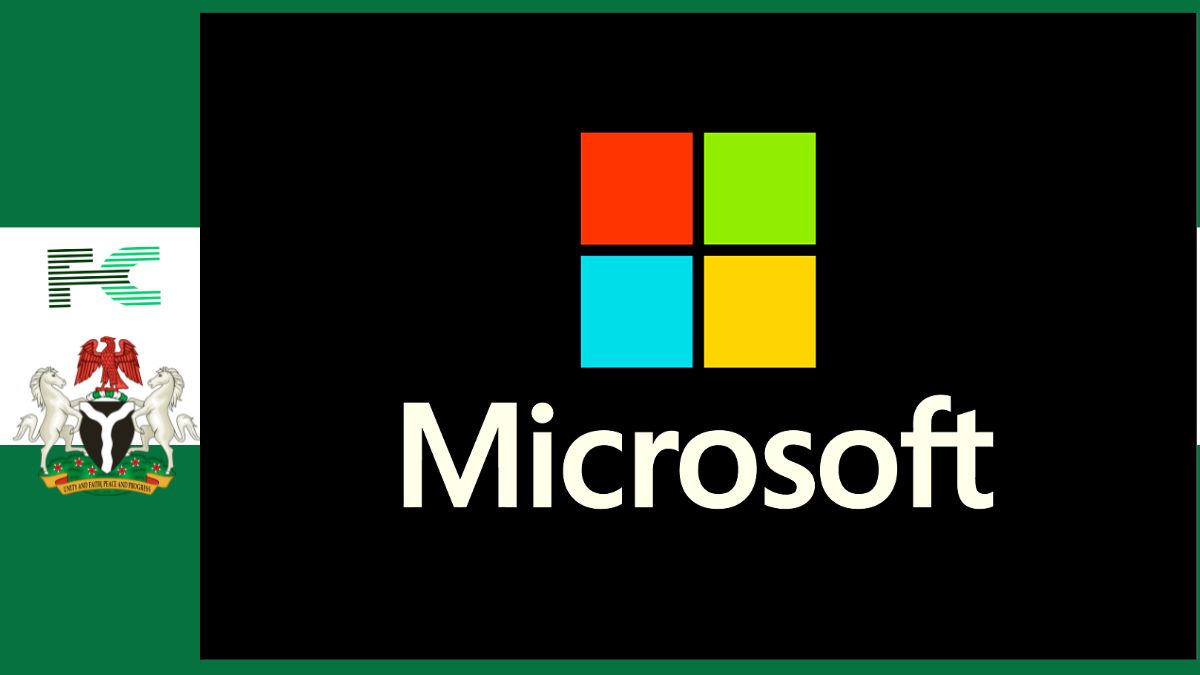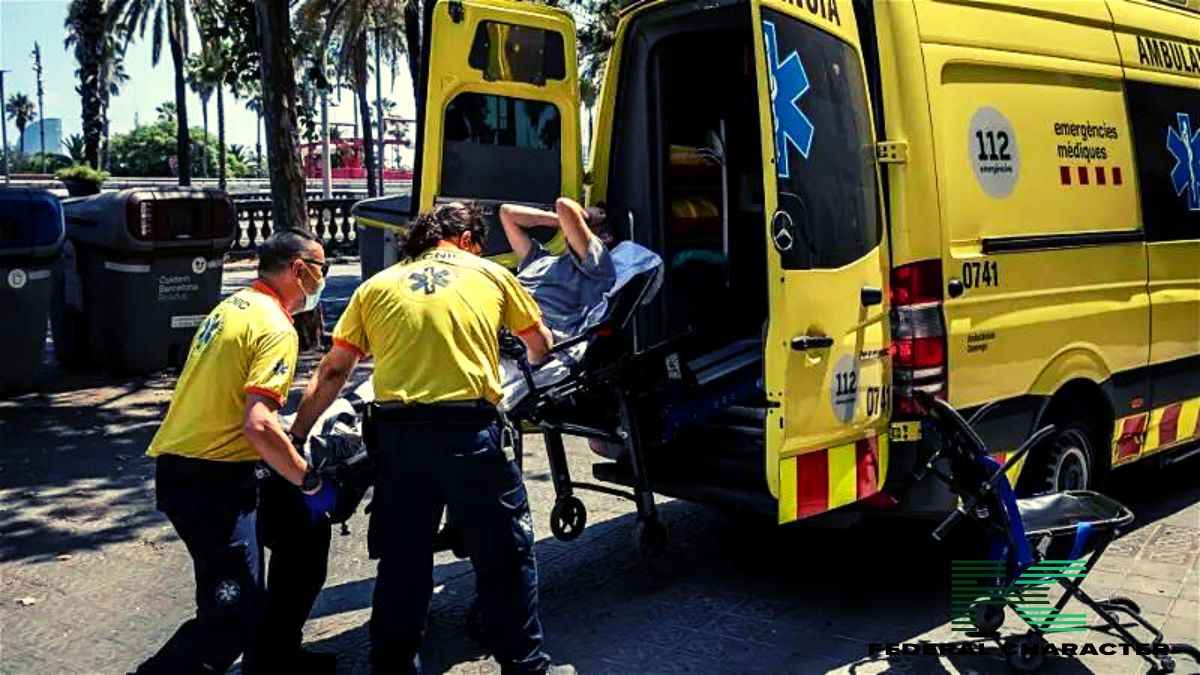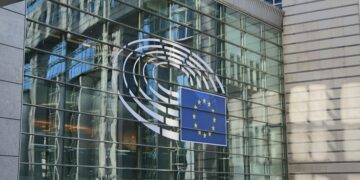The African National Congress (ANC) is desperately trying to piece together a coalition government after losing its majority in the May 29 election. This political upheaval has thrown South Africa into a state of uncertainty not seen since the dawn of its democracy 30 years ago. With lawmakers set to convene in Cape Town on Friday to elect the speaker, deputy speaker, and president, the ANC’s last-minute negotiations with other parties are reaching a fever pitch.
What They Are Saying
President Cyril Ramaphosa, despite leading the ANC, is expected to secure another term, but the composition of his government remains a mystery. The ANC, the once-dominant party of liberation, is now in frantic talks with various parties, from the pro-business Democratic Alliance (DA) to the hard-left Economic Freedom Fighters (EFF). Yet, no concrete deal has emerged.

The Inkatha Freedom Party (IFP) hinted at joining forces with the ANC and DA, but the latter two have not confirmed any alliance. The ANC, with 159 seats, remains the largest party in the 400-seat National Assembly, followed by the DA with 87 seats. The populist uMkhonto we Sizwe (MK), led by former President Jacob Zuma, grabbed 58 seats, while the EFF and IFP secured 39 and 17 seats, respectively.
A coalition involving the DA would likely please the business sector, given the DA’s free-market stance. However, it could alienate many ANC supporters who view the DA as protectors of white privilege, a sensitive issue in a nation still healing from apartheid’s wounds. The inclusion of the socially conservative, Zulu-based IFP might ease this tension.
Why It Matters
The ANC’s National Executive Committee is set to meet Thursday evening to finalize its coalition strategy. All eyes are on Zuma’s MK party, which shocked many with its strong third-place finish. Crying foul over alleged vote-rigging, MK has threatened to boycott parliament. The Constitutional Court dismissed their appeal to halt the parliamentary session, but MK remains a wild card, especially given its dominance in the key province of KwaZulu-Natal.
In KwaZulu-Natal, where ports like Durban and Richard’s Bay are crucial to the economy, MK’s 45.4% share of the vote dwarfs the IFP’s 18.1% and the ANC’s 17.0%. Whether MK will form part of a provincial government or face opposition alliances remains uncertain. Given Zuma’s controversial past and his supporters’ history of unrest, tensions in the province could flare if MK is sidelined.
Bottom Line
As South Africa teeters on the brink of a new political era, one thing is clear: the ANC’s grip on power is slipping, and the road ahead is fraught with uncertainty. In a nation grappling with the legacies of its past, the outcome of these negotiations will shape its future trajectory. Whether it leads to genuine unity or further division remains to be seen.


